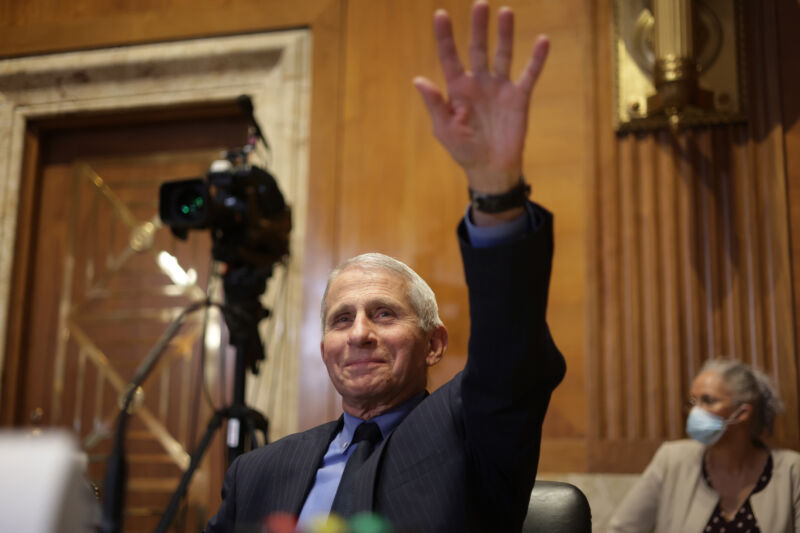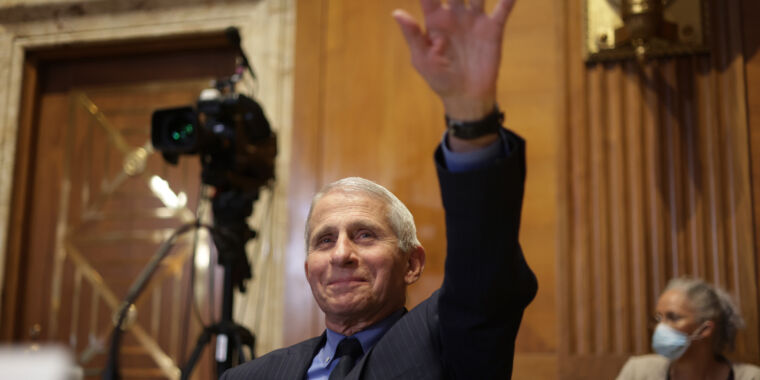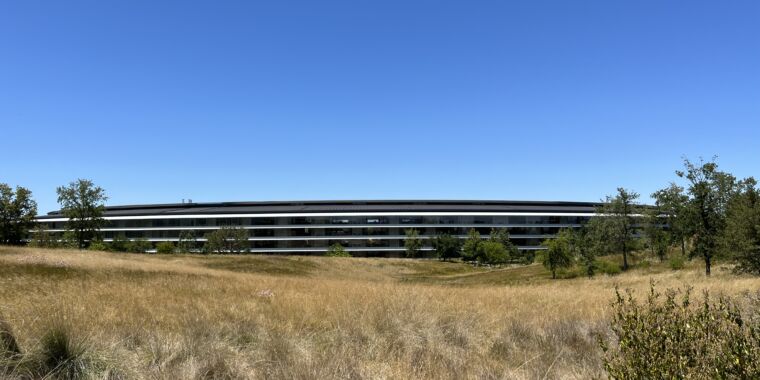
Anthony Fauci—President Biden’s chief medical adviser and longtime director of the National Institute of Allergy and Infectious Diseases—will retire from his government positions this December.
The 81-year-old infectious disease expert has worked at the National Institutes of Health since 1968, holding the position of director of the NIAID for nearly four decades, since 1984. In that time, he has advised seven presidents, beginning with Ronald Reagan. He played a crucial role in the response to the HIV/AIDS epidemic, notably as a key architect behind PEPFAR, the global AIDS response program begun by President George W. Bush that is estimated to have saved 21 million lives and prevented millions of HIV infections.
Fauci had noted for some time that he soon planned to step down from his positions, citing his long tenure at the NIH, his age, and his interest in other pursuits. “Obviously, you can’t go on forever,” Fauci told CNN in July. “I do want to do other things in my career, even though I’m at a rather advanced age.”
In an interview with The New York Times on Monday, Fauci said that he is “not retiring in the classic sense” and that he would “pursue the next chapter” after December, including traveling and writing.
“So long as I’m healthy, which I am, and I’m energetic, which I am, and I’m passionate, which I am, I want to do some things outside of the realm of the federal government,” Fauci told the Times. He added that he hoped to use his rich experience to “hopefully inspire the younger generation.”
In a statement Monday, President Biden lauded and thanked Fauci for his service to the American people and public health.
“Because of Dr. Fauci’s many contributions to public health, lives here in the United States and around the world have been saved. As he leaves his position in the US Government, I know the American people and the entire world will continue to benefit from Dr. Fauci’s expertise in whatever he does next,” Biden said. “Whether you’ve met him personally or not, he has touched all Americans’ lives with his work. I extend my deepest thanks for his public service. The United States of America is stronger, more resilient, and healthier because of him.”








